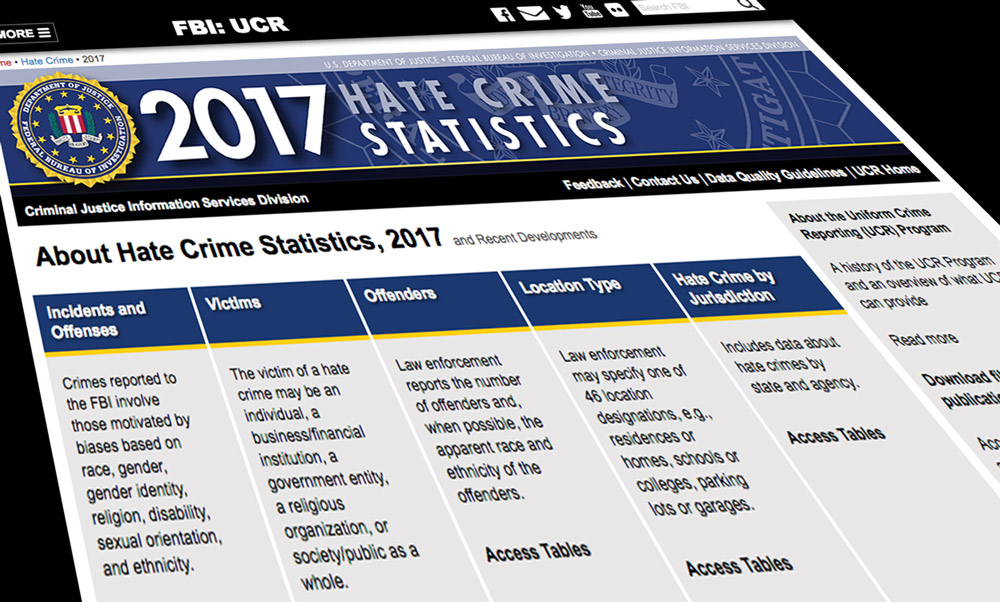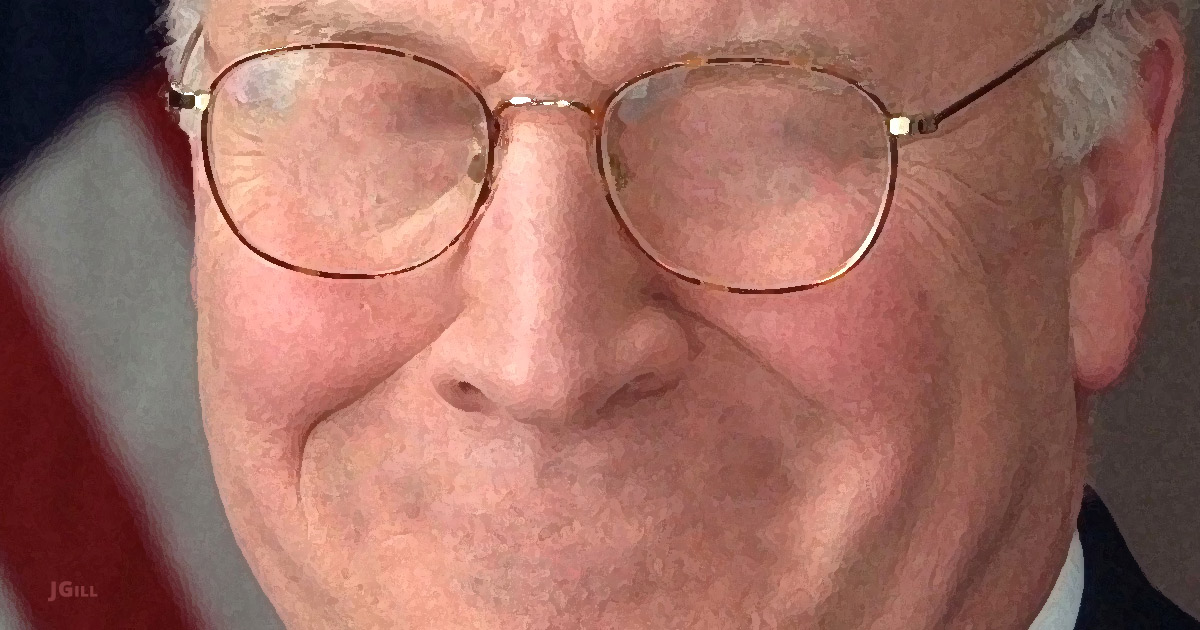Reported hate crimes are up.
Last year, you may remember, major media outlets noted an alarming pattern, quoting the work of a “nonpartisan researcher” who seemed more intent on linking Donald Trump to the perceived trend than anything else.
This year’s increase?
Well, the most recent FBI report shows hate crimes for 2017 up a whopping 17 percent!
Sounds alarming.
But is it? I mean, really?
Maybe. CNN offers a fascinating investigation of several rather big-story hate crimes that did not make it into the statistics. Yes, disturbing.
But what did CNN not report?
YouTuber Matt Christiansen drilled down, focusing on several aspects of the FBI report that are missing from accounts brought to us by major news outlets.
The uptick in sheer numbers of hate crimes may be mostly the result of the increased number of law enforcement agencies that have been brought into the data-collecting project. How many new agencies? One thousand.*
And consider the demographics changes year-to-year as well. Religious-based crimes saw a small increase in the number of anti-Jewish events and a similar decrease in anti-Muslim ones. All in all, notes Christiansen, there has been little change in the proportions of the statistical categories — which would not be what one would expect if Trump were the Malign Influence.
Also bad for that narrative? The biggest detectable change in the distribution of race-based crimes — more than twice the increase in numbers of crimes against Hispanics — was against (get ready for it) whites.
This is Common Sense. I’m Paul Jacob.
* That is from the FBI press release; oddly, I did not find that statement when looking directly at the report.
» See popular posts from Common Sense with Paul Jacob HERE.




